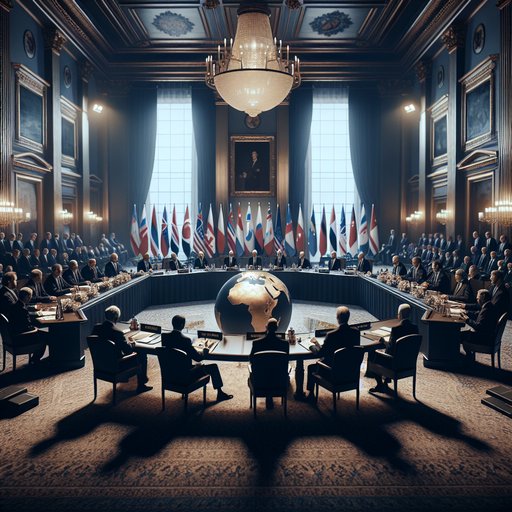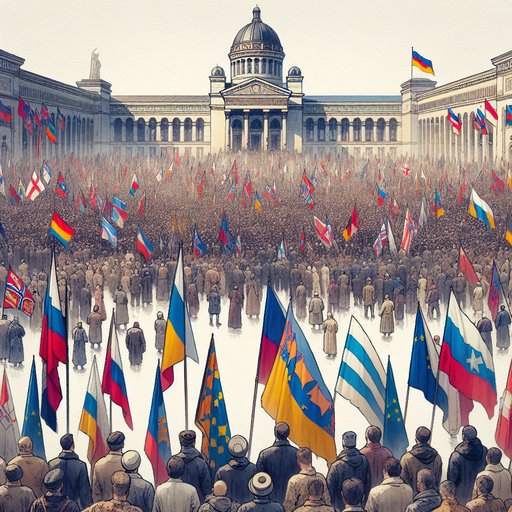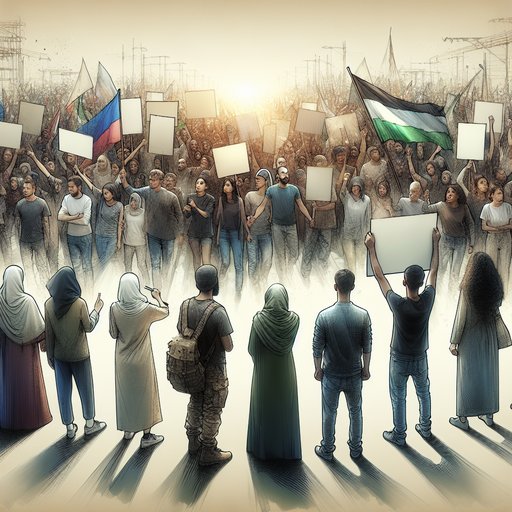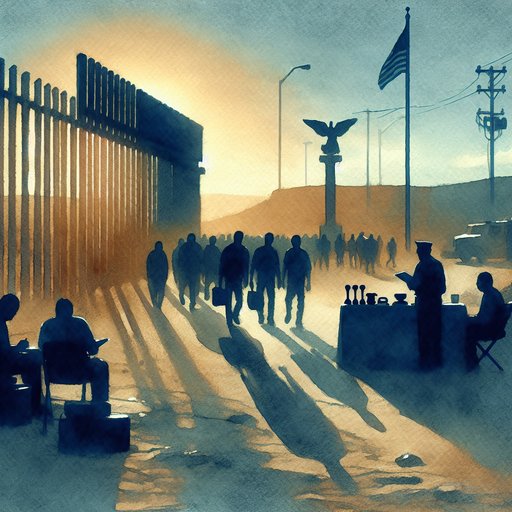
In a significant diplomatic move, France, Germany, and the United Kingdom (E3) have issued a clear warning to Iran regarding its nuclear program. The three European powers have announced they will reimpose sanctions if Tehran fails to re-engage in negotiations with the United States by the end of the month [1]. This development marks a crucial turning point in the ongoing efforts to maintain diplomatic channels with Iran while ensuring compliance with international nuclear agreements.

In a significant diplomatic development, U.S. President Donald Trump has announced plans for direct negotiations with Russian President Vladimir Putin, aiming to broker an end to the ongoing conflict in Ukraine. The announcement comes amid complex diplomatic maneuvering, with Trump indicating he will attempt to secure the return of Ukrainian territory [1].

In a significant move affecting regional politics in South Asia, the United States has officially designated the Balochistan Liberation Army (BLA) and its Majeed Brigade as a foreign terrorist organization. The decision comes amid growing concerns over separatist violence in Pakistan's southwestern province of Balochistan, where the group has been actively pursuing an independence agenda through militant activities [1].

A wave of pro-democracy protests and political tensions has swept across multiple continents, highlighting growing concerns about democratic institutions and human rights. In India, opposition leaders are challenging alleged voter list manipulation, while in Washington DC, protesters are opposing what they view as an unprecedented federal takeover of local law enforcement. These events reflect a broader pattern of citizens worldwide standing up for democratic principles and transparency in governance.

In a significant diplomatic move, Australia's Labor government has announced plans to formally recognize Palestinian statehood at the upcoming UN General Assembly [1]. This decision marks a notable shift in Australia's Middle East policy and has intensified the ideological divide in international relations regarding the Israeli-Palestinian conflict.

As nations grapple with climate policy decisions, new economic analysis reveals compelling financial incentives for businesses to embrace climate action. A comprehensive study by CDP shows companies can expect returns of up to $21 for every dollar invested in climate initiatives, with total opportunities valued at $4.4 trillion [1].

A high-stakes diplomatic meeting between former U.S. President Donald Trump and Russian President Vladimir Putin is set to take place in Alaska, amid ongoing drone warfare between Russia and Ukraine. The summit comes at a critical time as Russia faces mounting economic pressures from Western sanctions and declining oil revenues [1].

In a significant diplomatic development, NATO Secretary General Mark Rutte has provided insight into the upcoming summit between U.S. President Donald Trump and Russian President Vladimir Putin, characterizing it as an opportunity for "testing Putin" [1]. The statement comes at a crucial time for international security relations and reflects NATO's strategic approach to diplomatic engagement with Russia.

A series of dramatic protests have erupted worldwide this week, highlighting the growing international tension surrounding the Israel-Gaza conflict. While thousands marched through London in competing demonstrations, significant protests also emerged within Israel itself, where citizens voiced opposition to government plans for expanding military operations in Gaza [1].

In a concerning development for asylum seekers across the United States, numerous immigrants who believed they were following proper procedures have recently received notifications that their asylum cases must be restarted from the beginning. [1] reports that dozens of cases are affected by this unexpected administrative reset, creating additional uncertainty for those seeking protection in the United States.
























